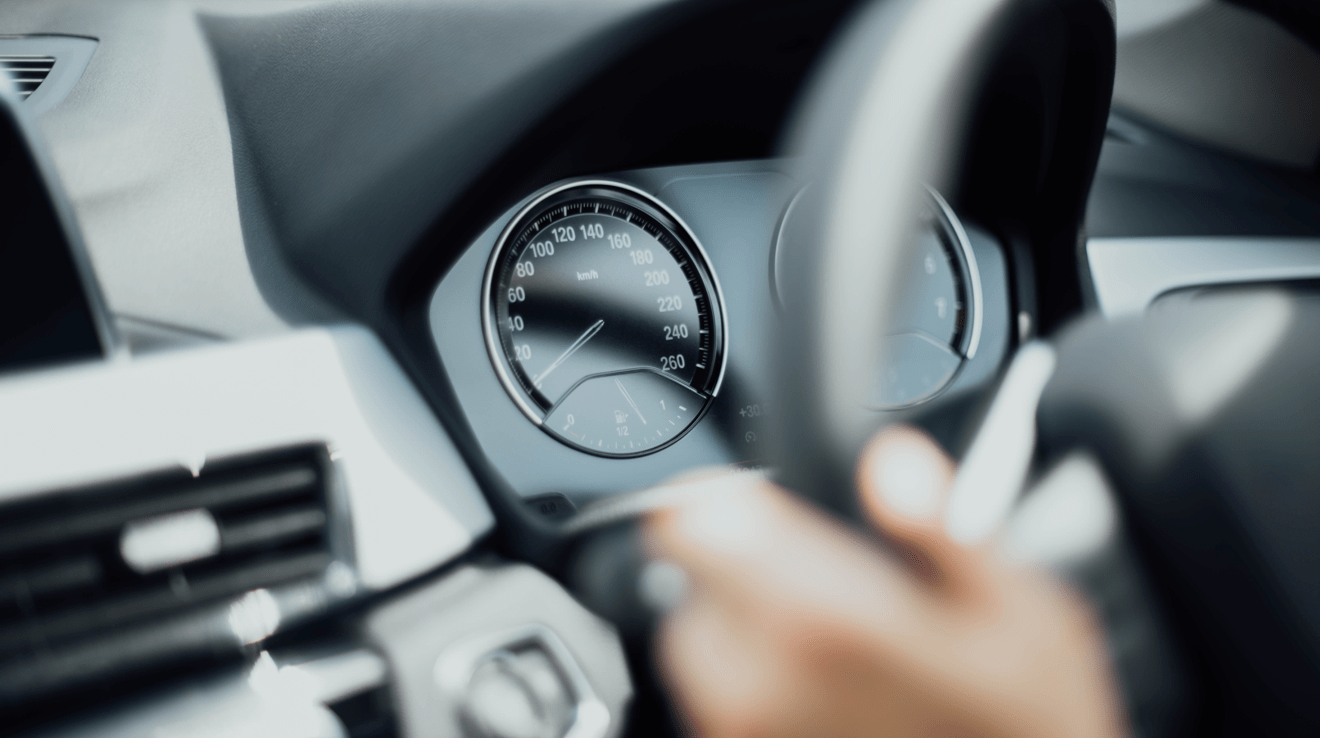Today, fleet management has evolved into a complex operation that requires vigilance, efficiency, and above all, transparency. One vital tool that has become indispensable in this arena is the dashboard camera, commonly known as a dash cam. These unassuming devices have proven to be a game-changer in promoting responsible driving behaviour, reducing the risk of accidents, and even preventing insurance fraud.
How Do Dash Cams Work?
Dash cams, short for dashboard cameras, are compact video recording devices mounted on a vehicle’s dashboard or windshield, facing outward to capture a wide-angle view of the road ahead. These devices have become increasingly popular for various applications, including enhancing safety, providing evidence in accidents, and deterring fraudulent insurance claims. Dash cams are typically equipped with a high-resolution camera lens, a built-in or external microphone for audio recording, and internal storage or removable memory cards to store recorded footage.
Dash cams are designed to automatically start recording when a vehicle is turned on or when it detects motion, depending on the specific model and settings. They continuously capture video footage in a loop, overwriting the oldest files when the storage capacity is full to ensure continuous recording. Many dash cams feature a G-sensor, which detects sudden changes in acceleration, such as during an accident or abrupt stop. When triggered, the G-sensor locks the current video file to prevent it from being overwritten, preserving it as crucial evidence. Users can later review and save these locked files as needed.
Some advanced dash cams like those offered by Crystal Ball also come with GPS capabilities, allowing them to record and log vehicle speed, location, and route information, which can be valuable for tracking and analysis.
With this in mind, how exactly do dash cams prevent insurance fraud? Here are some of the key ways they protect your fleet.
Clear Video Evidence for Determining Fault
Dash cams provide fleet managers with a valuable resource – clear, unambiguous video evidence of accidents and incidents. In the event of a collision, this footage can be invaluable in determining fault and preventing fraudulent insurance claims. Whether it’s a fender-bender or a major accident, having video documentation of the incident can mean the difference between a fair settlement and being victimised by fraudsters.
Accurate Documentation of Incident Circumstances
Dash cams go beyond mere video capture. They document the circumstances surrounding an incident comprehensively. This includes weather conditions, traffic violations, and road hazards. In the world of insurance claims, details matter. Dash cams provide the precision needed to ensure that all relevant information is on record.
With irrefutable proof of the actual events, insurance companies can make informed decisions, reducing the likelihood of inflated or fraudulent claims. This not only saves money but also maintains the integrity of the insurance industry.
An Expedited Investigation Process
The expedited claims processing is yet another advantage of dash cams. The clear and concise evidence they provide allows for rapid claims processing, reducing administrative overhead and the time it takes to settle claims. This efficiency is a win-win for fleet managers and insurance companies alike.
Monitoring Driver Behavior and Discouraging Recklessness
Beyond accident documentation, dash cams serve as a watchdog over driver behaviour. By constantly recording, they discourage reckless driving and mitigate the risk of staged accidents. Drivers are acutely aware that their actions are being recorded, and this awareness acts as a powerful deterrent against risky driving practices. This positive behavioural change reduces the risk of accidents and claims, ultimately benefiting both the fleet and the insurance provider.
Identifying Witnesses and Capturing Details
In the chaos of an accident, potential witnesses or crucial details might go unnoticed. Dash cams, with their unblinking eye, capture everything. They can be instrumental in identifying witnesses and documenting essential information that might have otherwise been missed.
Deterring Fraudsters
Dash cams also act as a formidable deterrent to insurance fraudsters. Knowing that their activities are being recorded, would-be fraudsters are less likely to attempt fraudulent claims or staged accidents, as they understand that their actions will be exposed. Even if the dash cam is not currently recording, simply having it in the vehicle is an effective deterrent.
Conclusion
In conclusion, dash cams have emerged as indispensable tools in the world of fleet management and insurance. Their multifaceted role in preventing insurance fraud, promoting responsible driving, and streamlining claims processing cannot be overstated – in fact, installing dash cams can even reduce your insurance premiums! For businesses that prioritise safety, efficiency, and transparency, investing in dash cams is not just a wise choice – it’s a necessity in the modern fleet management landscape.




